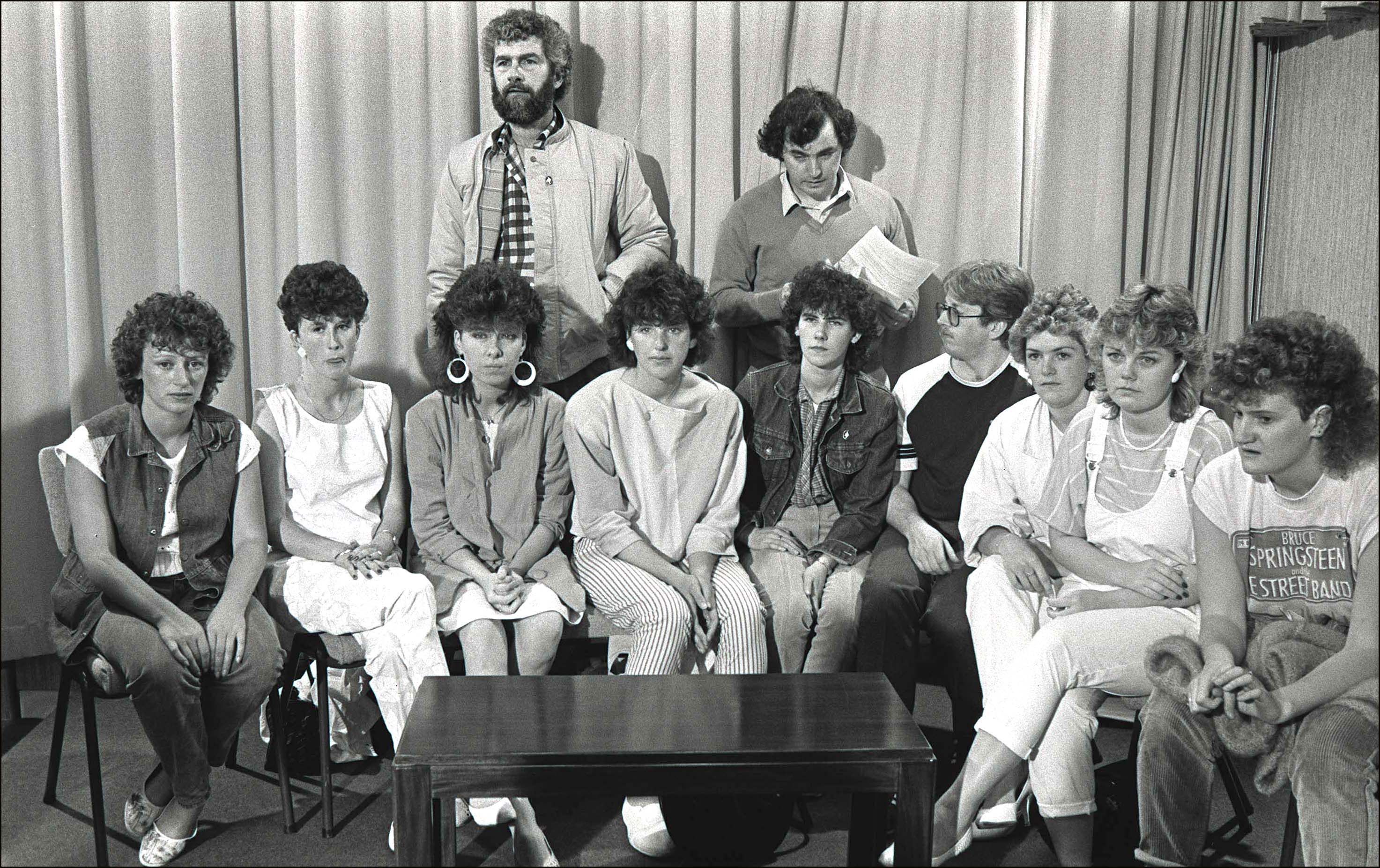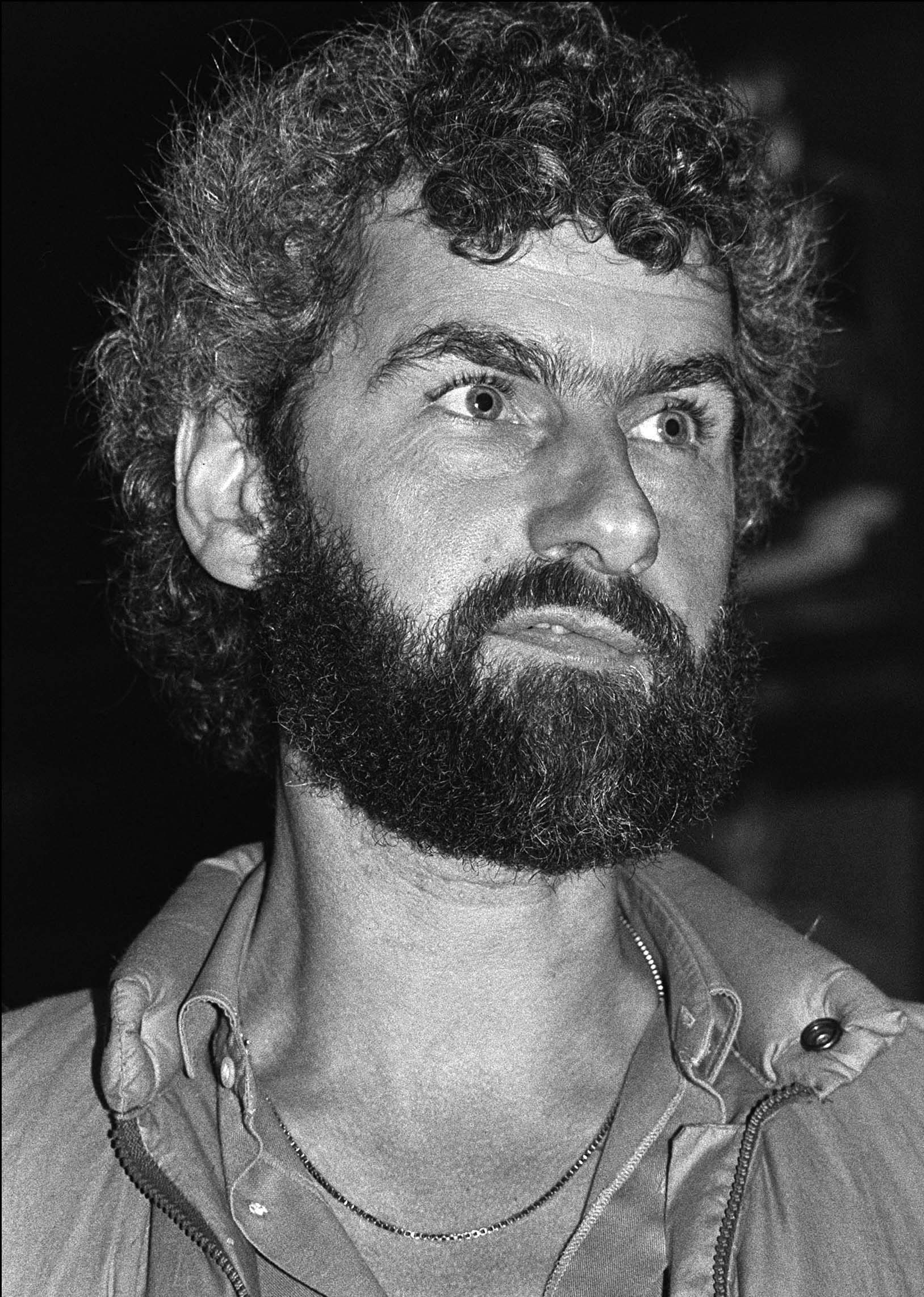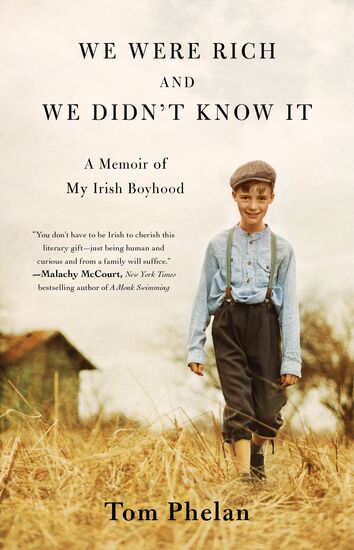“I have been lucky to have been surrounded by inspiring, loving people like Brendan Archbold (RIP), a friend I will miss forever.”
Maybe it was reading that sentence that led me to write about the full-time union representative involved in the Dunnes Stores strike that began in July 1984 and played out until the Irish government banned in 1987 the sale of South African goods.
The line is from Mary Manning, one of the leaders of the famous action, in her terrific first-person account entitled “Striking Back,” written with journalist Sinead O’Brien, and published in 2017.
Brendan, who died just over 10 years ago, late in 2014, was my grandmother’s nephew. So, seeking more information, I interviewed my uncle Paul Mulhern, his first cousin and a lifelong friend. But then late in 2022, I found information about Paul’s father, my grandfather, while idly looking through the Irish Newspaper Archives in a public library in Independence, Mo. It was about a strike in 1937, and a picket-line incident that led to Grandad going to prison.
All this ended up as one longish story in the Irish Echo Labor Awards supplement in 2023 (see the article about the 1937 strike and subsequent court case here,) but I ran out of space when it came to Brendan, and didn’t cover perhaps some of what needed to be said, including passing on some of what’s reported about him in “Striking Back.”
In it, Manning says, “Brendan Archbold was the antithesis of this [Dunnes] management which lacked any form of compassion. He was a complete rarity in the male-dominated world of the 1980s in that he genuinely treated everybody equally. Whether you were male, female, young or old, he was a man who always had time not only to listen, but to act quickly to rectify a situation. Anyone who worked the more menial jobs in Dunnes benefited from his unwavering perseverance for their rights and for that reason he had the complete trust of every one of us on the picket line.”
One situation was the outright hostility the strikers faced from their fellow workers not on strike; often it came in the form of racial slurs and racially-charged language. Manning remembers that if it hadn't been for Brendan’s “steadying presence on the picket line it would already have descended into a fist fight between ‘us’ and ‘them’ on several occasions.”
Mary Manning says she got to know four “great men” in her life and all were connected to the Dunnes Stores episode: Tommy Davis, the lone male among the 10 strikers; Nimrod Sejake, a South African activist living in exile in Dublin, who was 63 when the strike began; Archbishop Desmond Tutu; and Brendan.

A Dunnes Stores strikers press briefing. [Photo by Derek Spiers]
At the time of his death, the trade unionist’s exceptional intelligence, his wry wit, his modesty, his great sense of fun, the fact that he was a loving husband and father got prominently mentioned.
I knew all that already, of course.
What Paul, my uncle, said got missed was just how humble and difficult Brendan’s upbringing was. Some of that was due to the disruption of war. George Archbold, his father, worked as ground crew, or an “aircraft man,” in the RAF. Granny’s two brothers also served during World War II and Grandad, Paul's father, joined the RAF police. The absences took their toll in most families, but in the Archbolds’ case made for a very unhappy marriage. George likely preferred the military life away from Dublin and it didn’t help that the money he dutifully sent home was too easily squandered by his wife Bertha, Granny’s sister.
Much later in the saga, according to family sources, George took out an ad in the newspapers saying he wasn’t responsible for his wife’s debts.
The children, however — Brendan, his older brother Michael and their two sisters — “were happy as siblings; they were very supportive of one another,” Paul remembered.
The Murrays, my grandmother and her five siblings, were also close. When they married, my Murray great-grandparents were listed as domestic servants; he was a native of County Meath, while she was from Dublin. My grandmother was about 1 and her older sister 5, when the family moved north where my great-grandfather got a job as a groom in stables close to East Belfast. They were there for about 13 or 14 years when serious ethnic conflict broke out. That was in 1922.
The Murrays, now with six children, moved back south to Dublin. In my early childhood in the 1960s, all six were there again, their immigrant adventures and war experiences behind them. I remember they spoke gently with soft Belfast accents, almost, it seemed at times, in a whisper. And some of them had bronchial issues. That was certainly the case with the unmarried sister, the family’s designated child-minder. Her parents christened her Mildred; the fourth generation, mine, called her Millie.
“Bertha and Mildred were thick as thieves,” Paul said of a pair I remembered fondly as gentle souls, not being aware of such an alliance.
As a teen, Paul would go across the city to Finglas to spend time with Michael, who was four years his senior, and Brendan, who was three years younger. When Tommy, a friend of Brendan’s from school in Finglas who was born on the same day in 1947, joined them, they had teams to play football. The yard in Merville Dairies, where the Archbolds were the gatekeepers, was their venue. Later with the introduction of battery-powered milk trucks, they rode around on them as if in the dodgems in Bray.
Paul joined An Slua Muirí, now known as the Naval Reserve, in 1960. He was two years underage at 16. He attended the annual two-week camp, got paid for it and also received a generous annual gratuity. Seeing how much fun he was having, Brendan and Tommy joined up in the mid-1960s.
Meantime, long before he was required to do any state exam, Brendan had fallen through the cracks of the education system and never returned.
From his early teens on, he worked in a variety of jobs in Dublin and beyond. His adult breakthrough came with a position in a well-known security company, which he got in part because he had acquired a driver’s license.
My mother was very proud of the fact that she taught Brendan how to drive (other people may have given him lessons, too, but not in her version), because that led to the job and his involvement in a subsequent industrial action. There was a sit-in and he was carried out by gardaí.
“That’s when he was talent-spotted by the trade union movement,” Paul said.
Out of the Slua Muirí episode Brendan’s best friend Tommy became a professional-level sailor; Tom Lawlor achieved most fame, though, as a top press photographer, joining the Irish Times staff in the early 1970s. Tommy and Paul are friends to this day.
The Murrays’ third generation thrived in careers such as nursing and firefighting and a few did very well in the business world. But Brendan was the star as an admired leader in the labor movement. His cousin and friend Paul wonders just how far he might have gone if he’d gotten an education early and been given a chance to go on to university. His two sons, though, have pursued their degrees and professional training and are doing very well.
“Brendan would be very proud of them,” Paul said.








